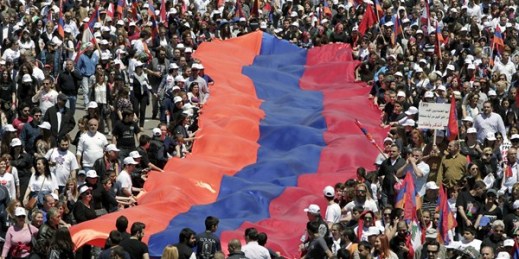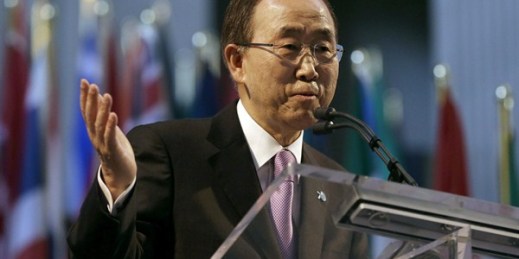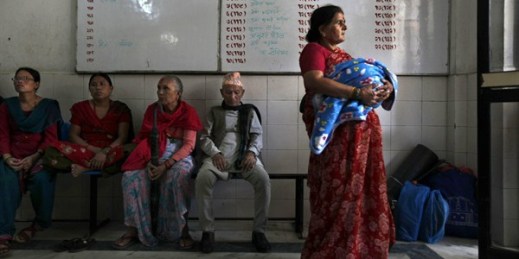
By a fortuitous coincidence I found myself in Japan the week of the 70th anniversary of the bombings of Hiroshima and Nagasaki, which preceded the Japanese surrender in World War II. A special panel advising the prime minister, Shinzo Abe, was divided over the wording of the government’s official statement, which is issued on major anniversaries of the war’s end. Should the words “aggression” and “apology” be used, or was “remorse”—the oft-employed substitute for a stronger expression—enough? Abe’s refusal to apologize for Japan’s colonial past, including its treatment of Koreans and other wartime atrocities, has divided Japanese political elites and […]





